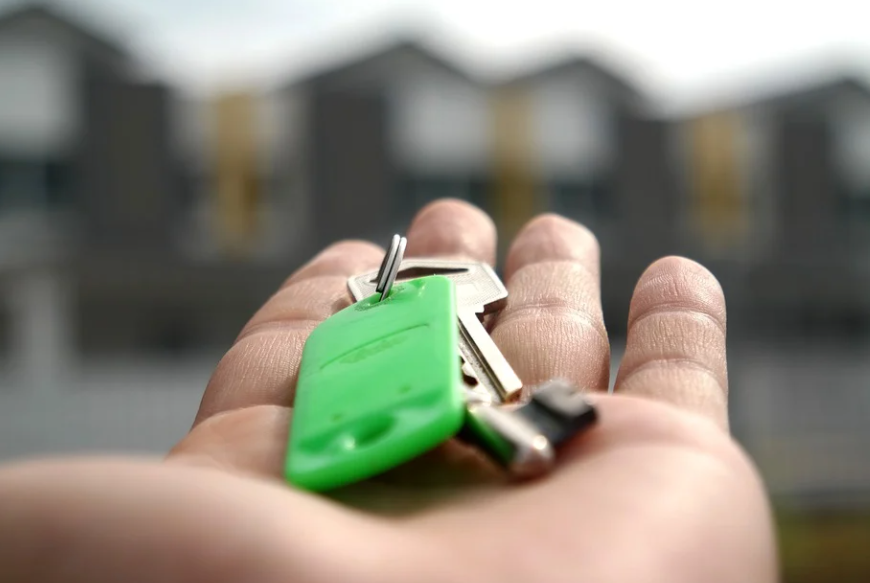What Do You Need to Start a Home-Based Real Estate Agency?

Building a business from your own home is easier now than ever before, thanks to the tools and technologies that you have at your disposal.
There are plenty of industries that are especially well suited to ambitious individuals who want to forge their own path without hiring office space, and real estate is a great example.
So what are the things you need to get started and what are the aspects to consider carefully before you make a commitment?
Set aside space for your business
When it comes to how real estate agents can work from home, the top talking point is definitely the availability of space.
You might be able to work for a few weeks or months by using your dining room table as a desk during office hours, but this is simply not sustainable in the long term.
If possible, create a specific area within your home that is dedicated solely to your business. A spare bedroom, den or home office space is obviously ideal for this. If you have a garden available, you could invest in an office pod, giving you that extra degree of separation between your domestic and professional zones.
This is not just about ensuring that you have peace and quiet when you are working and do not have to rejig your rooms every morning and evening; it is also about compartmentalizing your work and personal life so you don’t feel like you’re always at the office and so you can stay motivated.
Get accredited in your state
You will need a real estate license to operate as an agent or broker in your state of residence, and this is a relatively straightforward process, as well as one which is perfectly possible to achieve even if you want to be your own boss rather than working for a larger organization.
Training courses and exams can be completed in a couple of months in most cases, although obviously, this is something you will need to check with the local authorities to ensure that you do all you need to start working as an accredited agent to handle sales and rentals for clients.
Harness software and sales platforms
In order to attract customers in the first place and then manage the complex transactions that are unavoidable in the real estate market, you need to learn how to use top software tools and platforms made for this purpose.
From advertising on services like Zillow to leveraging image and video editing software like PhotoShop and Final Cut to put together marketing materials for the properties in your portfolio, you have to be comfortable with all sorts of packages.
You can get to grips with software through your own experimentation, but if you are hoping to get your home real estate business up and running quickly, taking relevant training courses is worthwhile.
Procure appropriate hardware
As much of your work will be done digitally, it is sensible not to skimp on the hardware you use for your real estate business. While you could use an existing laptop, this may not be ideal for a few reasons, one of which is client privacy and security.
Snapping up a business-focused laptop for portable use and pairing it with a separate monitor, keyboard and mouse for use in your home office will prepare you for every eventuality.
A smartphone is another essential device for real estate agents, so again you can afford to spend more here as it will pay for itself in increased productivity over time.
Investigate insurance
Not every home business requires its own unique insurance policy, although it really depends on your circumstances.
In the case of creating a real estate firm, you will not normally need to invite clients into your home for business purposes, so liability cover should not be essential. However, you might want to insure against loss of earnings caused by unforeseen circumstances, which is something that all freelancers need to take into account, especially if you are the main or only breadwinner.
There are lots of other things to do to make a home-based real estate business a success, but now you know the basics, hopefully you will be inspired to take the next steps yourself.
